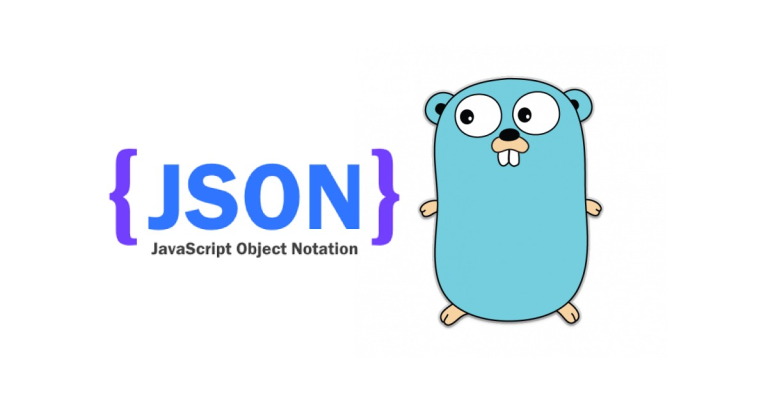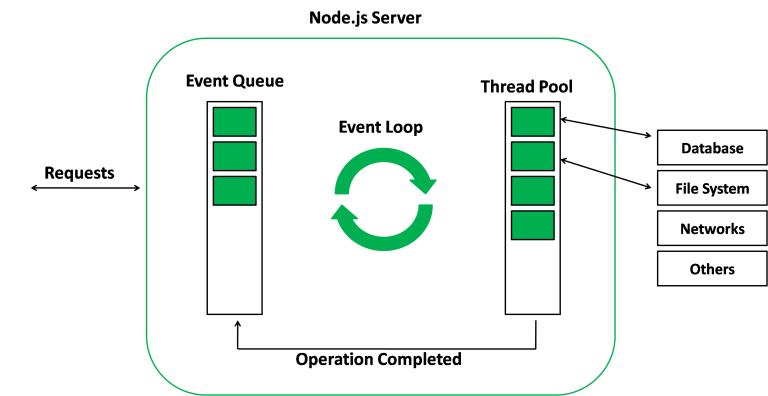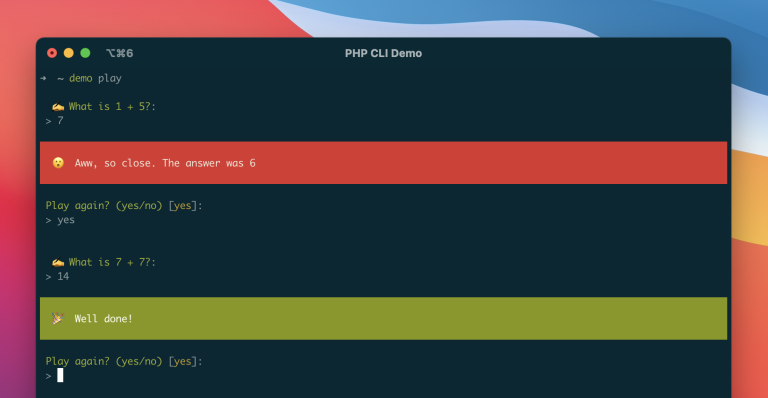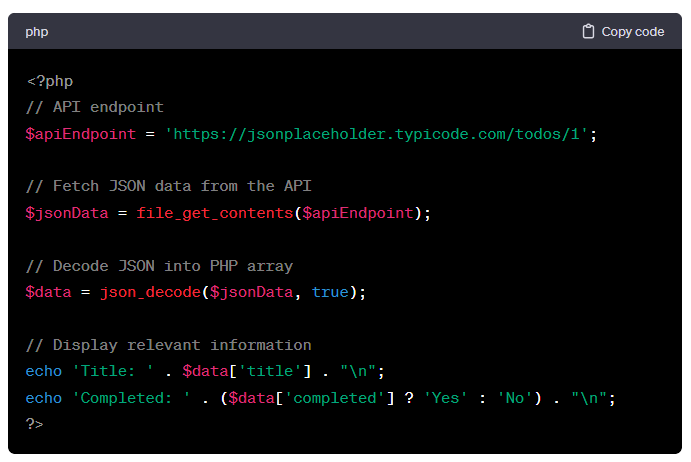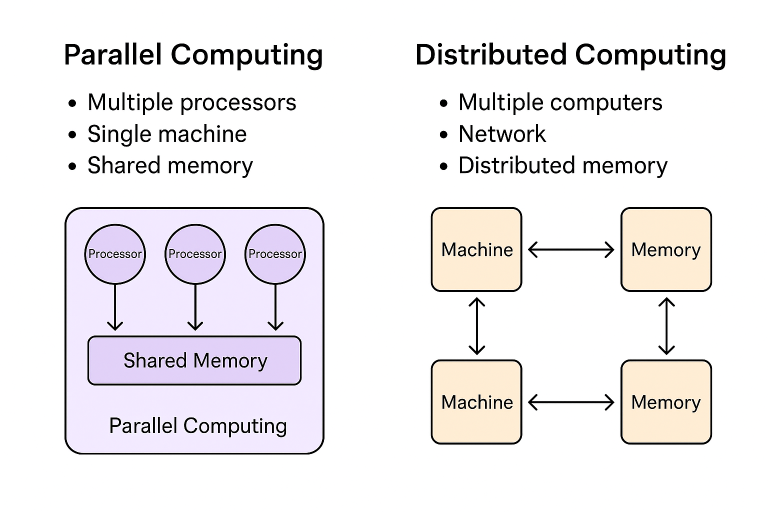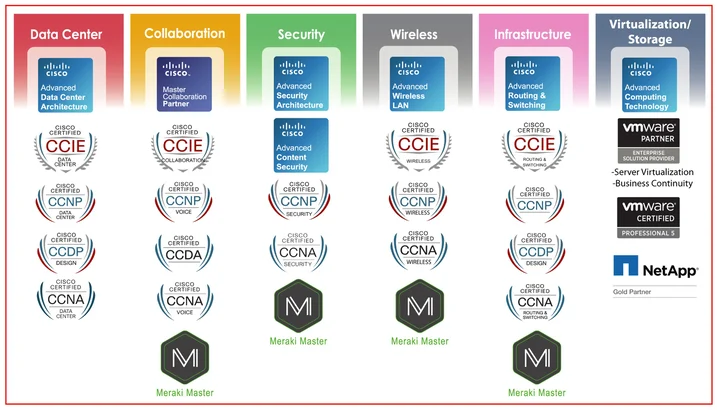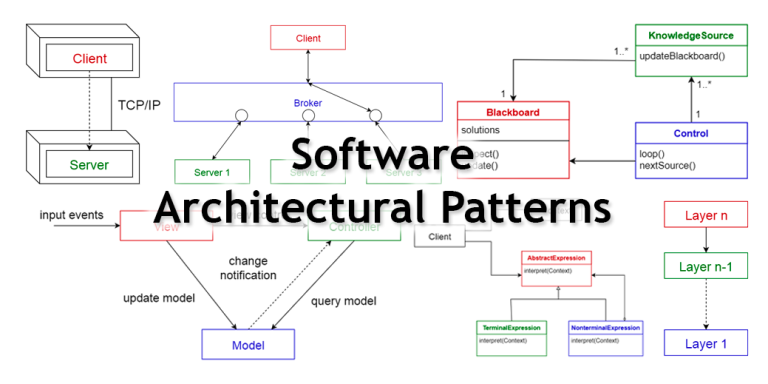Java’s enduring strengths in platform independence, versatility, a mature ecosystem, enterprise-level capabilities, community support, Android development, object-oriented foundation, continuous improvements, backward compatibility, and security contribute to its continued popularity among developers in 2024. Developers continue to use Java programming in 2024 for several reasons:
- Platform Independence: Java’s “write once, run anywhere” philosophy remains relevant, allowing developers to create applications that can run on diverse devices and platforms with a Java Virtual Machine (JVM). This portability is crucial in an era of varied computing environments.
- Versatility: Java is a versatile language used in various domains, including web development, mobile app development (Android), enterprise solutions, cloud computing, and emerging technologies like the Internet of Things (IoT). Its adaptability makes it a go-to choice for different types of projects.
- Mature Ecosystem: Java has a mature and extensive ecosystem of libraries, frameworks, and tools. Developers can leverage this ecosystem to accelerate development, ensuring robust and efficient solutions.
- Enterprise-Level Solutions: Java’s reliability, scalability, and security features make it a preferred choice for building enterprise-level applications. Many business-critical systems and large-scale projects rely on Java.
- Community Support: Java has a large and active developer community that fosters collaboration, knowledge-sharing, and problem-solving. The community-driven aspect ensures that Java remains up-to-date with evolving industry needs.
- Android App Development: Java is the primary language for Android app development. Given the widespread use of Android devices, this makes Java a vital language for mobile application development.
- Strong Object-Oriented Foundation: Java’s object-oriented programming (OOP) principles contribute to code organization, reusability, and maintainability. This foundation remains valuable for designing complex software systems.
- Continuous Updates and Improvements: The Java language and platform continue to evolve with regular updates. These updates bring new features, performance improvements, and security enhancements, ensuring that Java remains a modern and competitive language.
- Backward Compatibility: Java maintains strong backward compatibility, allowing existing applications to run on newer versions without major modifications. This reduces migration challenges and protects investments in legacy code.
- Security: Java incorporates built-in security features, making it a trusted choice for applications dealing with sensitive data. The language’s focus on security is crucial in an environment where cybersecurity concerns are paramount.




